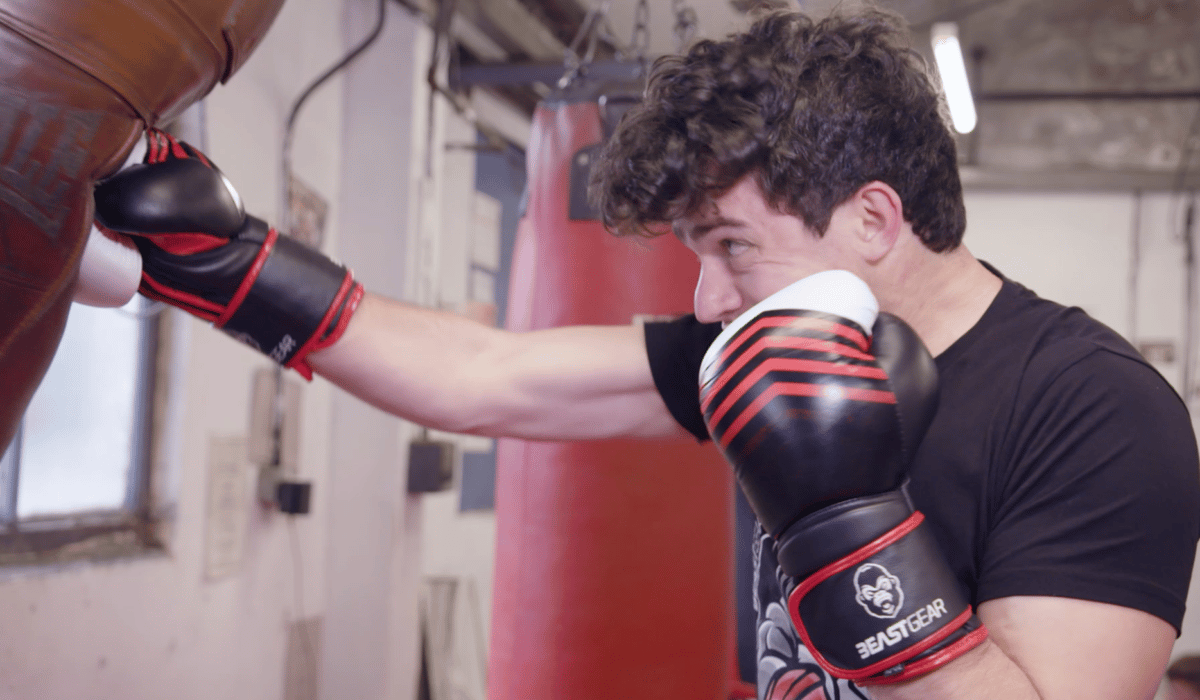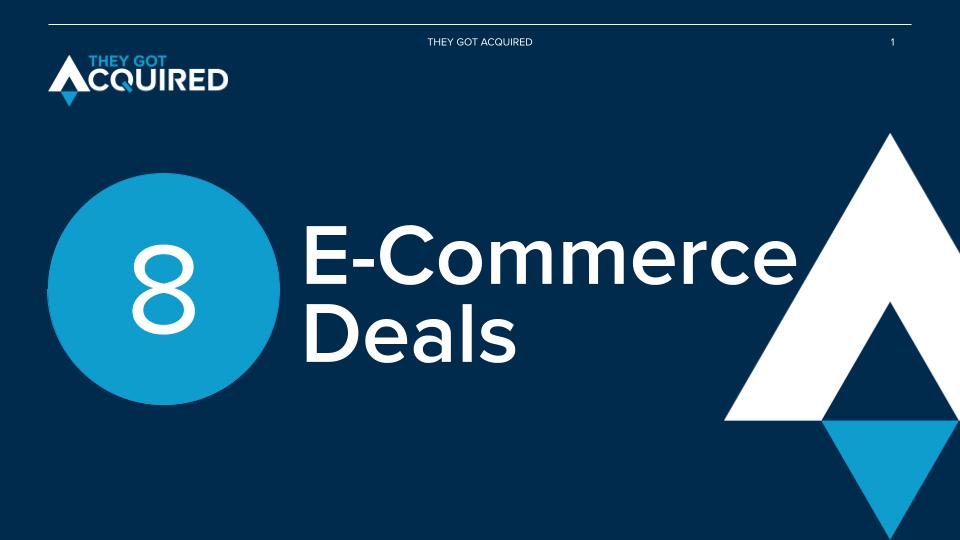While recovering from a medical condition, fitness enthusiast Ben Leonard began to rethink gym gear.
In 2016, using an Amazon storefront, he launched Beast Gear, a Scotland-based fitness brand featuring products he designed himself. Some were improvements on off-the-shelf components, while others he developed from scratch and applied for patents and design registrations. For example, Leonard created the Beast Rope, a skipping rope made from lightweight steel designed for Crossfitters and martial artists.
To raise awareness of his brand, Leonard used social media to personally connect with potential customers.
“I did things that traditionally did not scale,” Leonard said. “I built 1:1 relationships with customers in Facebook groups, Insta DMs, WhatsApp, Twitter and email. This built a reputation of phenomenal customer service,” which “spread like wildfire.”
With the use of templates and three remote, part-time freelancers to handle customer service and social media, Leonard scaled Beast Gear.
By 2019, the company had 8,000 Instagram followers and an email list of several thousand. Leonard told Forbes the skipping rope order he placed with his supplier had grown from 500 units when he started the company in 2016 to 250,000 units in 2019. Amazon was the source for 95% of its sales, mostly from the U.K., he said.
At that point, Beast Gear’s forecasted annual revenue was more than $6 million. In October 2019, it was acquired by Thrasio, a buyer of third-party Amazon sellers, for between $2 million and $3 million, Leonard said.
Why Beast Gear’s founder sold the company
Leonard was looking for an exit to provide solid footing for his growing family and allow him to pursue new ventures like an upcoming baby/parent product line, he said. He also negotiated a side deal to continue to provide product ideas to Beast Gear post-sale.
Thrasio’s goal with the purchase was to expand the brand to the U.S. and Europe, while closing the Australia and United Arab Emirates Amazon storefronts, which were not profitable due to shipping costs, according to a case study on its website. It also consolidated separate product listings and reviews for Beast Gear Skipping Ropes to quickly earn the Amazon Best Seller Badge.
Revenue increased 60% after the acquisition, Thrasio said, as the COVID-19 pandemic drove up interest in at-home gym gear in 2020.
Ben Leonard’s advice on choosing a broker
While Leonard was pleased with his sale, the path to it wasn’t linear. His broker placed a recent college graduate with limited experience in charge of handling the deal, he explained, and the initial valuation of the company was off by about 30%.
Fortunately, Leonard’s accountant was able to fix “a catalog of calculation errors” before talks with the seller. They negotiated down the broker’s commission, but Leonard said, “they still made more money than they would have if we had not spotted their errors.”
In hindsight, his mistake was assuming a broker used by a friend would also work for Beast Gear.
“[My friend] was basically flipping a small website business,” he said. “Carefully planning and then executing the sale of a larger, products-based business required a more bespoke and professional service.”
His experience inspired him to co-found the consultancy Ecom Brokers, helping business owners plan and execute smooth exits. Leonard has also produced four short films, alerting entrepreneurs to signs of scam and negligence when navigating an acquisition.



